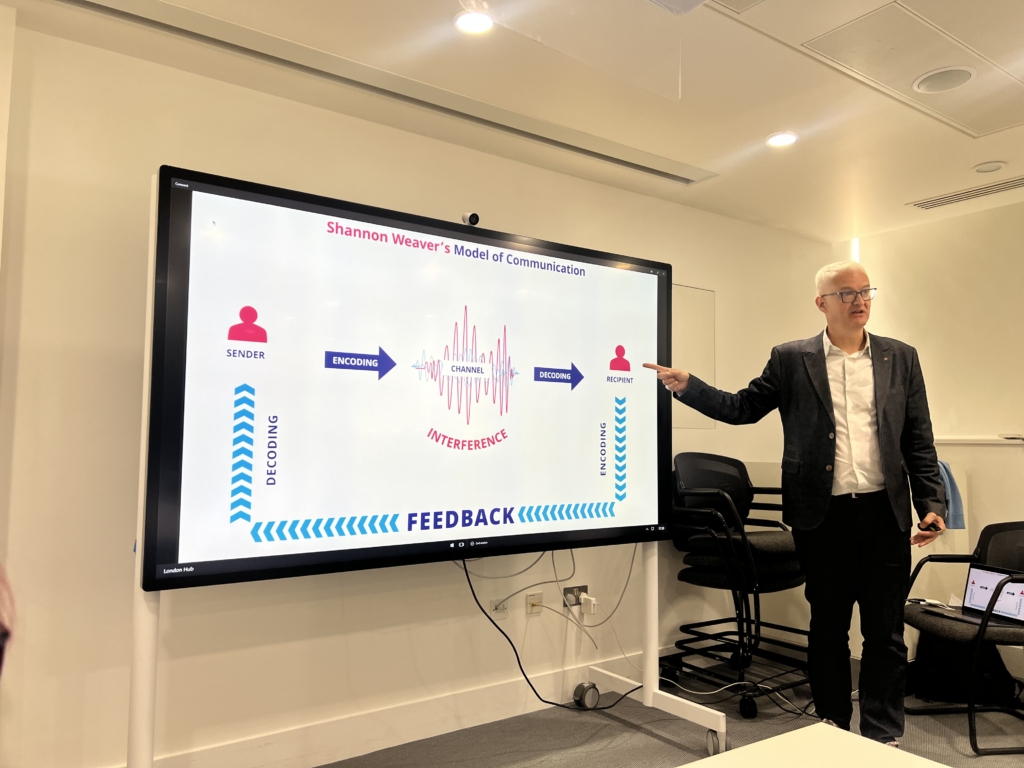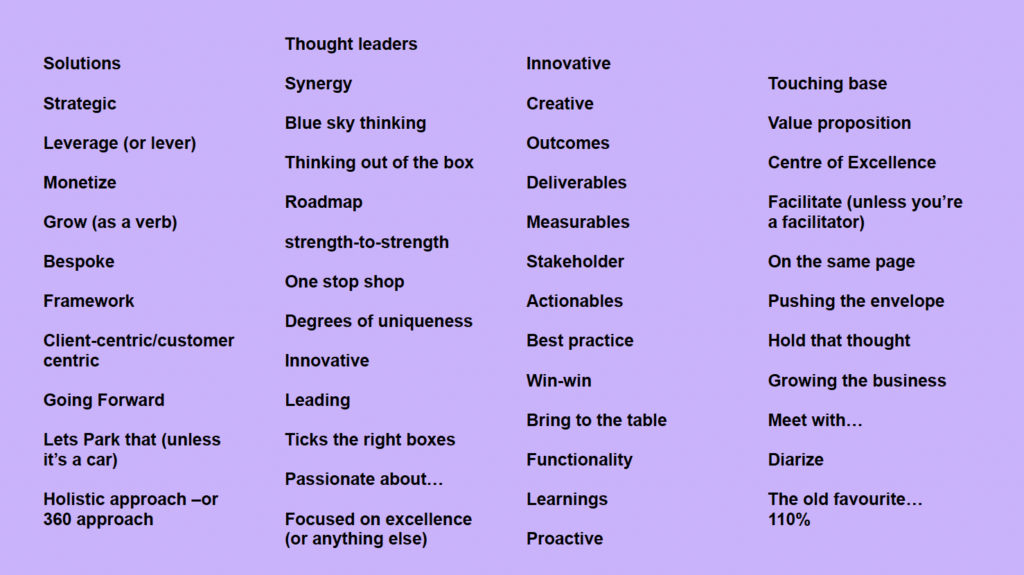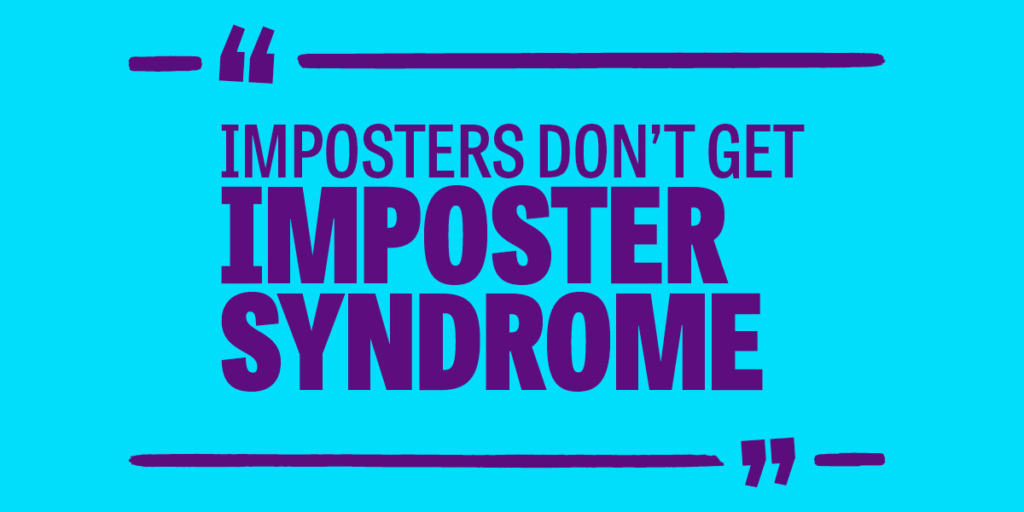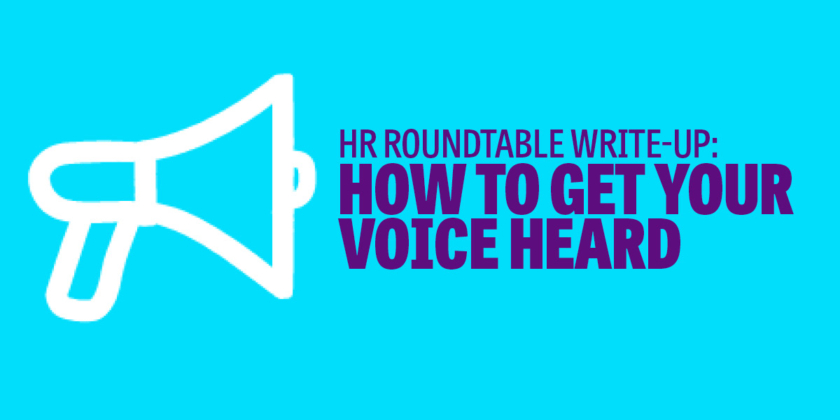A Let’s Talk Talent HR roundtable with Steve Bustin
At Let’s Talk Talent (LTT), we get to collaborate with some pretty great people. We asked business communication expert Steve Bustin to host a roundtable with a selection of our clients and senior HR network.
Steve brought his infectious energy and helped everyone in the room to focus on their communication. He focused around supporting us to build our confidence and how to communicate more effectively in business situations.
Not only did he provide some fantastic communication tips, he gave us some great reminders that will make many HRs like us feel better about ourselves, and boost our mood.
How to communicate effectively and get your voice heard

Steve shared Shannon Weaver’s Model of Communication. This is where all communications are encoded by the person sharing, and then decoded by the person listening. But in the middle is all kinds of noise that leave room for misinterpretation or things to be confused.
When you speak, the words you choose to use, abbreviations, are the code that needs to be understood by the people you’re communicating with. If you have made that code complex, then some people will understand it, while some others won’t be able to decode the message at all. We also have to remember that people will decode that message with their own lens of perspectives, perceptions and even bias.
This formed the basis of the session – and we wanted to leave you with some of Steve’s top tips for communicating effectively.
Steve’s seven key takeaways for getting your voice heard
1. Make your message compelling.
People should want to hear/read what you have to say. Think about the hook. What will make people pay attention?
2. Think about what’s in it for them
Most of us are used to thinking about what’s in it for me (WIIFM). Your communication will be better if you are thinking about what’s in it for them (WIIFT). What value are you giving with your communication? What are they getting out of this.
3. Talk their language.
If you hate the jargon, more than likely, so do the people you’re talking to. But more than that – it may confuse some of the people you’re trying to communicate to.
So remove jargon, cliches, apprentice speak, buzzwords. A good test is to ask yourself; does this slide / sentence make sense on its own? If you have to ask that question in the room, chances are you’re not sure if it made sense to begin with and you’re looking for validation from others.

4. Remember bullet points are not paragraphs.
Make your content digestible. Easy to scan. Be very clear in what it is you want to communicate but also what you expect from them in return.
5. Slow down when you get to your important information.
Try chunking up. What you want to say. And Pause.
Insert pauses throughout your sentence. The pause is your friend. This may feel really uncomfortable to start, but with practice will help you communicate more clearly and with impact.
6. Get good at delivering your message.
Rehearse what you want to say. Record it. Then watch it back. Make it better. Rehearse again, record it, and critique it. Do this 10 times, and you’ll be far far better than when you started.
7. Ask for feedback
Remember, we’re all our own worst critics, so ask people for feedback, what could you do better when presenting? People will offer you tips that will help you improve. Don’t take it personally. Take practical steps to get your voice heard, and communicate better.
What challenges do senior HRs have in getting heard?
When asked “What are the challenges you face in getting your voice heard?” at the start of the session our delegates answered with the following challenges:
- confidence in speaking up
- frustration
- too nice
- imposter syndrome
- lack of confidence
- not aggressive enough
- slow thinking
- mental health
- energy
Remember though…

Imposters don’t get imposter syndrome…
By the end of Steve’s session with our senior HR network we’d agreed what we’d do differently as a result of this session:
- Prepare more
- Be calmer
- Speak slower
- Use more evidence
- Ask for feedback
- Drop the jargon
- Make it digestible
- Focus more on the audience
Find our more about Steve Bustin
If you’d like to contact Steve with questions or to discuss bringing him in to work with your team (or just with you!) here are his contact details:
Find out more on Steve’s website. Contact him by email directly Check out his YouTube channel for more great communication tips.
Let’s Talk Talent also offer a range of communication workshops that you can train your team in.
Our Communication development bootcamp is a fantastic and cost effective option. This bootcamp is a series of 4x 90 minute interactive workshops.
- Communication 101
- Courageous Conversations
- Giving Effective Feedback
- Storytelling
How much is the communication bootcamp?
- Communication Bootcamp costs £3,000 (+VAT)
For up to 12 people
